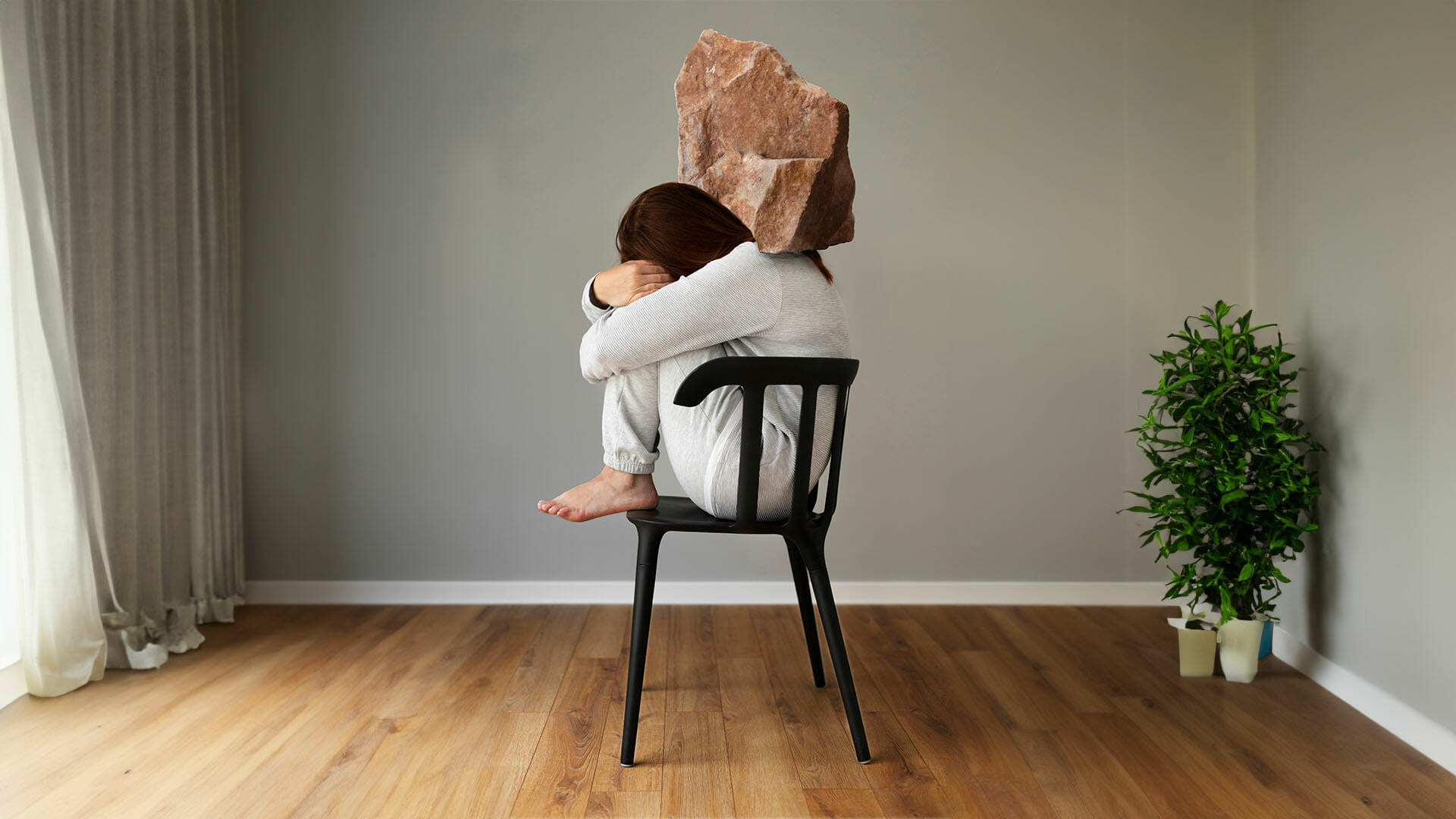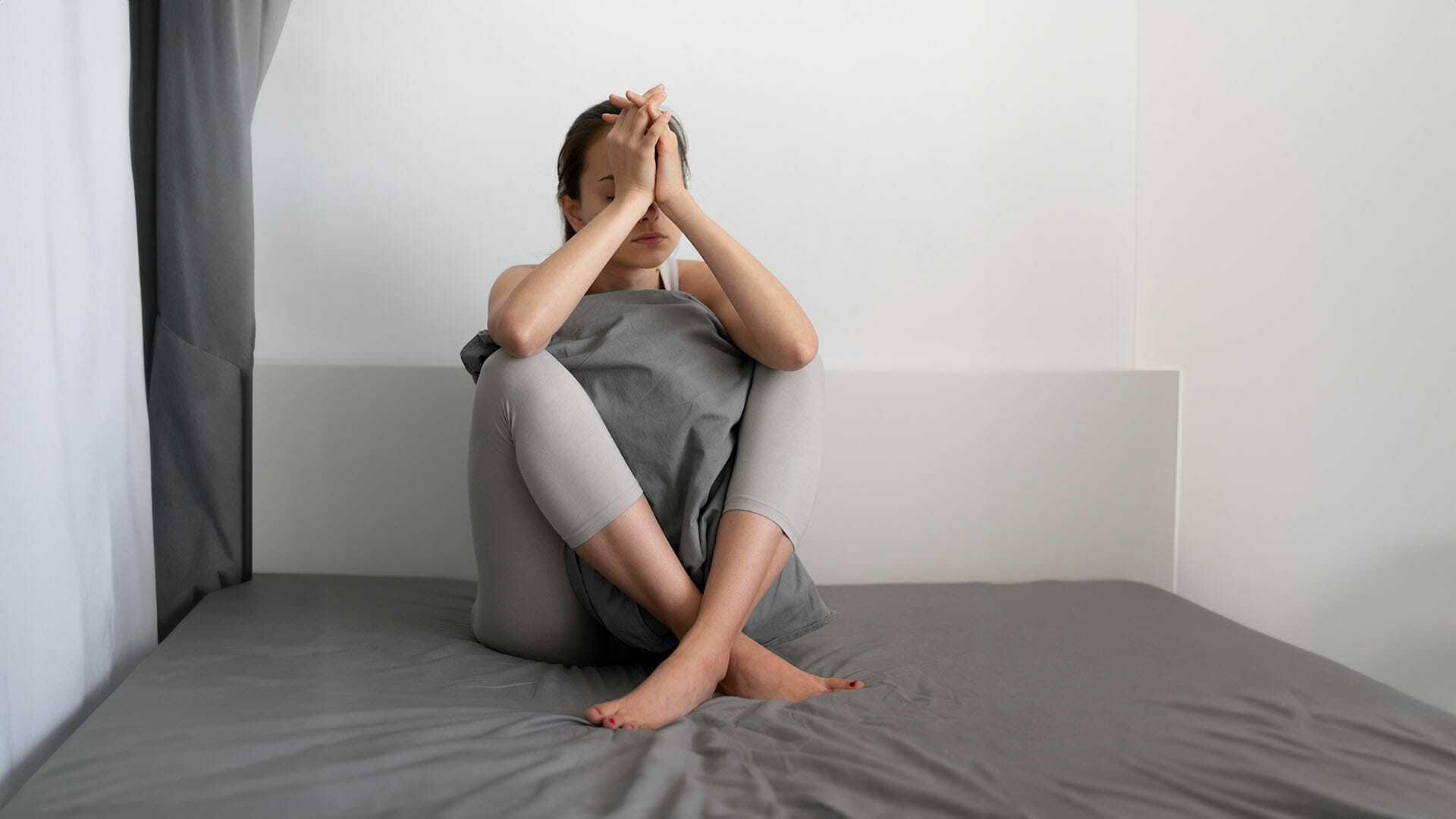Anxiety
Anxiety characterizes by excessive and persistent worry, fear, or apprehension. It goes beyond the typical feelings of stress and can significantly impair one’s ability to function and enjoy life.
Symptoms of anxiety can manifest both physically and emotionally. Physical symptoms may include restlessness, racing heart, shortness of breath, stomach aches, muscle tension, and sleep disturbances. Emotionally, individuals with anxiety may experience constant worry, irritability, difficulty concentrating, and a sense of impending doom or danger.
Anxiety can take different forms, such as generalized anxiety disorder (GAD), panic disorder, social anxiety disorder, specific phobias, or obsessive-compulsive disorder (OCD). Each subtype may have specific triggers and symptoms, but the underlying commonality is an overwhelming sense of unease and fear.
Fortunately, effective treatments such as Cognitive Behavioural Therapy (CBT) exist for anxiety. CBT is a psychotherapeutic approach that focuses on identifying and restructuring negative thought patterns and behaviours contributing to anxiety. It aims to teach individuals practical coping strategies and problem-solving skills to manage anxiety symptoms.
In CBT, clients work collaboratively with a therapist to gain a better understanding of their anxiety and its triggers. Through various techniques, including cognitive restructuring, individuals learn to challenge and replace distorted thoughts with more rational and realistic ones. They also acquire relaxation exercises, such as deep breathing or progressive muscle relaxation, to reduce physical symptoms of anxiety.
CBT also incorporates exposure therapy, which gradually exposes individuals to anxiety-provoking situations or triggers in a safe and controlled environment. This exposure helps individuals learn that their feared outcomes are unlikely and builds confidence in managing anxiety effectively.
The effectiveness of CBT for anxiety has been extensively researched and documented. It provides individuals with practical skills to better cope with anxiety and reduces the impact it has on their daily lives. However, it’s important to work with a qualified mental health professional to tailor CBT to individual needs and determine the best treatment approach.
If you’re experiencing symptoms of anxiety that are interfering with your life, seeking help from a CBT therapist can be highly beneficial. They will provide you with the tools and support needed to navigate anxiety, develop healthier thinking patterns, and regain control over your well-being. Remember, you don’t have to face anxiety alone, and there is effective treatment available to help you live a more fulfilling life.




















